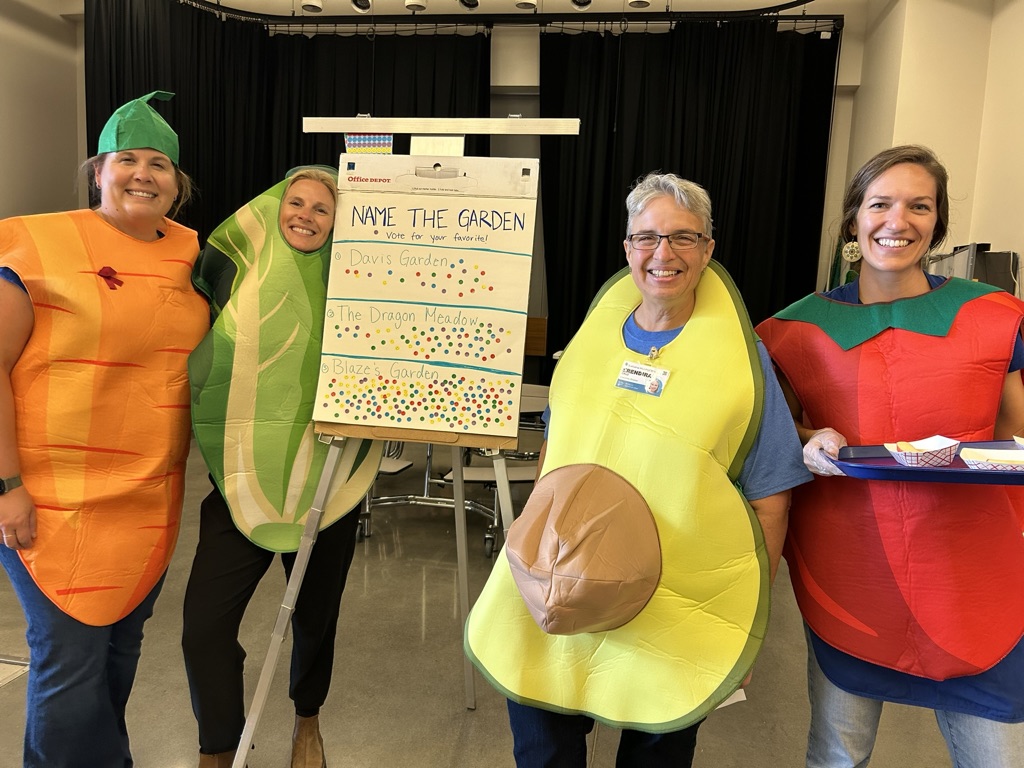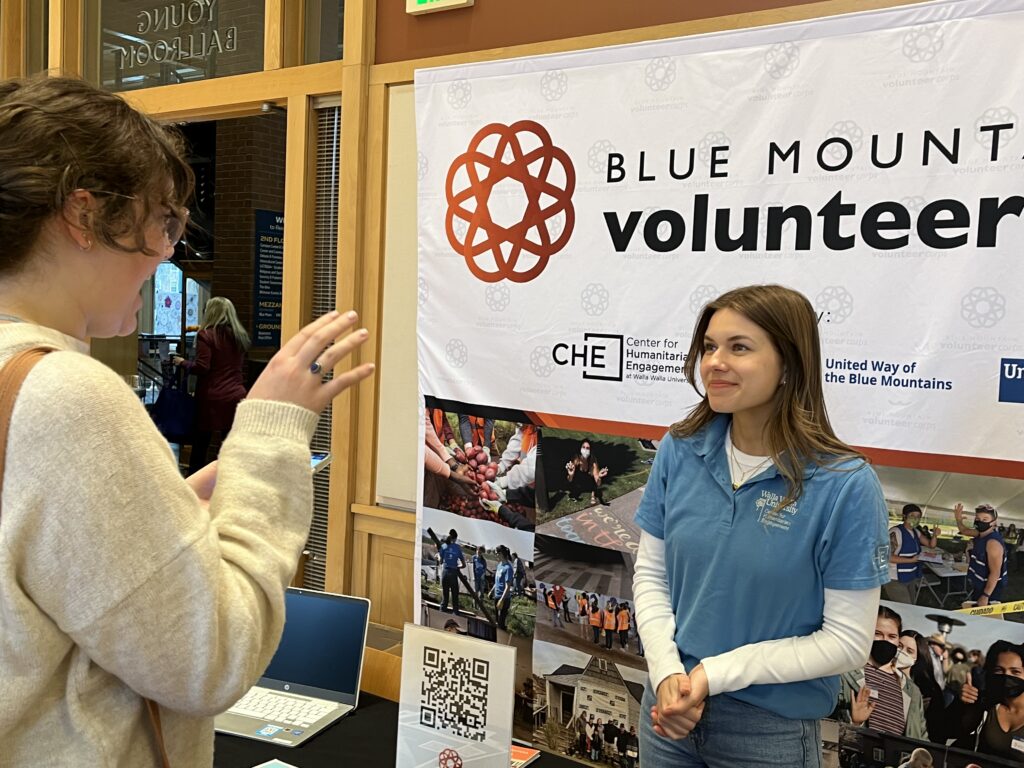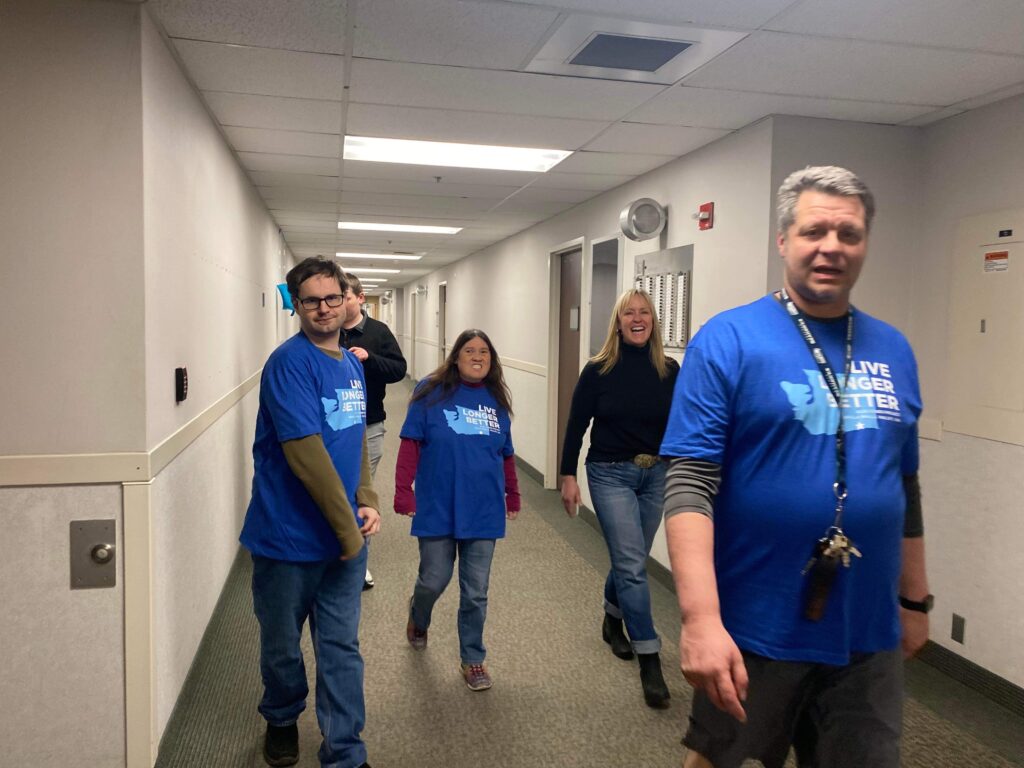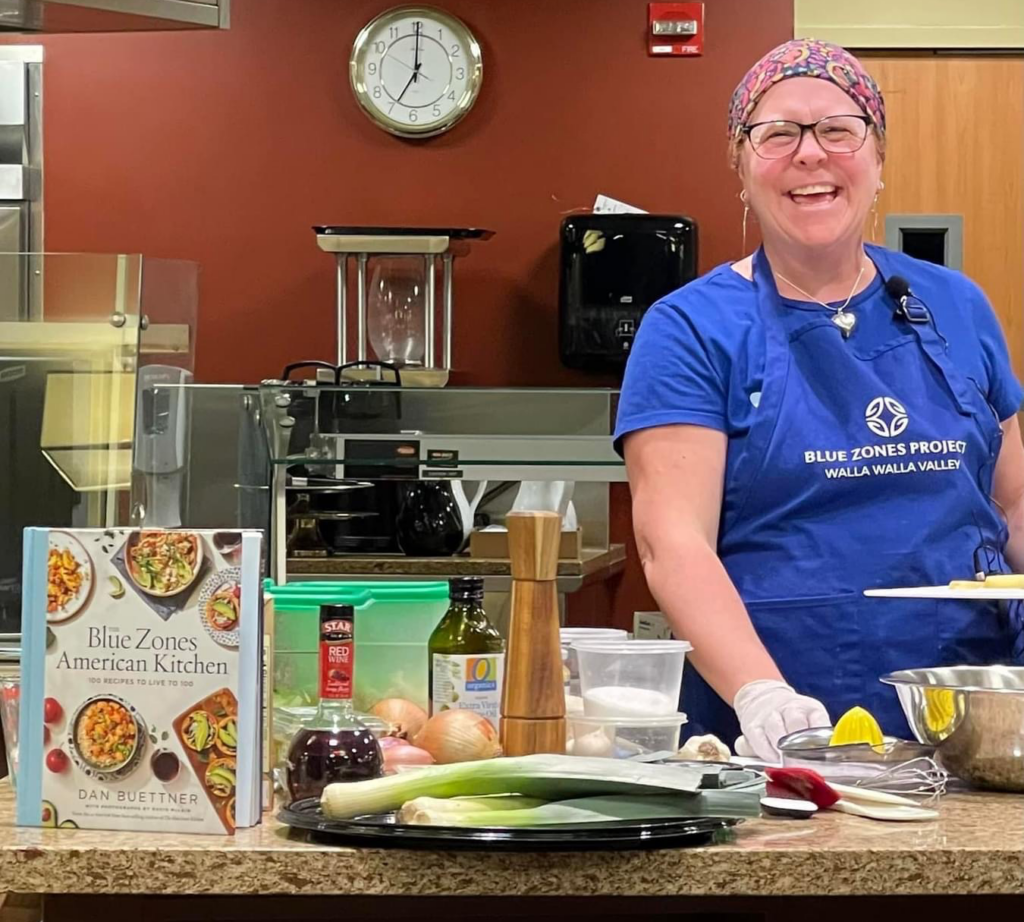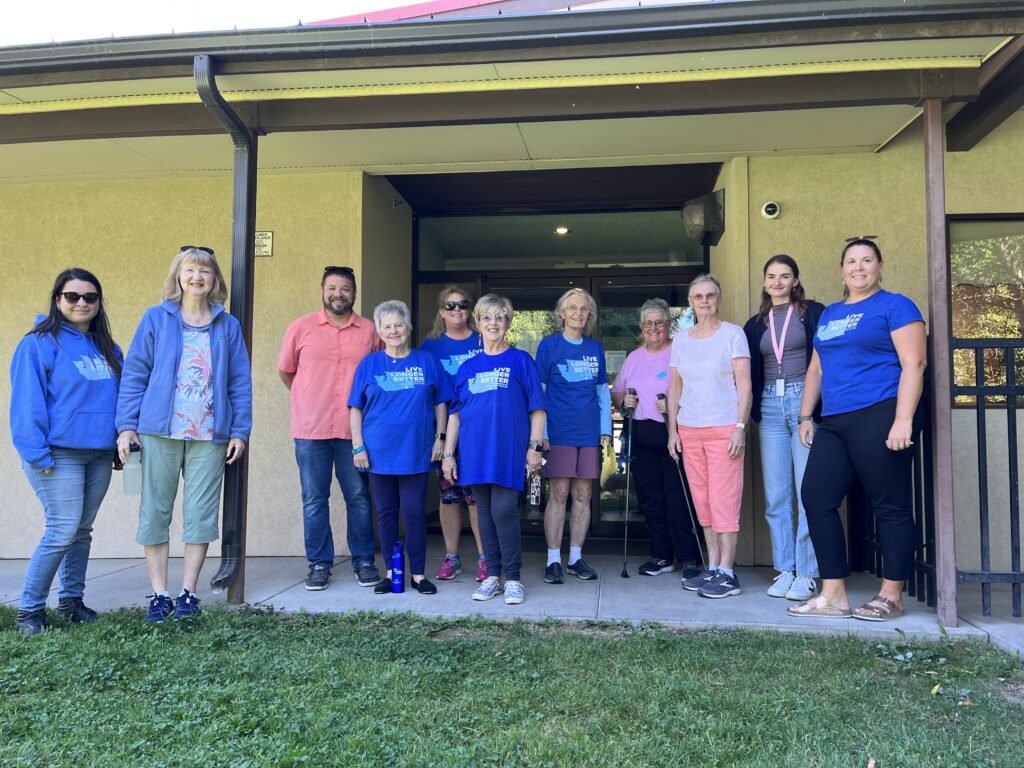Ambra Byrant, Robert Aguilar, and Marissa Waddell have been tireless champions engaging staff and students in health and wellness programs within the College Place School District. The leadership of Superintendent Jim Fry and the College Place Public Schools School Board has enabled them to prioritize well-being both for students as well as the adults in each location.
Principal Robert Aguilar, has been exceedingly open to the Blue Zones Project pillars of: Eating Wisely, Moving Naturally, Connection, and Right Outlook. Coming out of COVID-19, he and his staff recognized that a culture shift was needed around mental health and well-being. They began encouraging students and staff to take care of their personal wellness and they changed some policies to help make healthy choices easier. For example, student clubs were encouraged to either not fundraise using unhealthy food or, if they did include food, to include a physical activity to the fundraiser. The LGBTQ student group decided to fundraise using a photo booth instead of baked goods.
Aguilar also saw a big increase in the use of their salad bar after the pandemic. They made a concerted effort to have an appealing selection of fruits and vegetables from local farms. The food service at the high school also makes most of their food from scratch. One of the teachers said, “I am seeing a direct correlation between students that are now consuming more fresh fruit and vegetables than last year, and a higher level of critical thinking in my classes. This is exciting!”
Because of all the healthy changes the high school has incorporated into their culture, with Aguilar leading the charge, they have become a Blue Zones Project Approved School.
Ambra Bryant, Assistant Principal for College Place High School (CPHS), took her first Blue Zones Project Purpose Workshop during the summer of 2022 at a class offered to teachers and staff as a professional development opportunity. The past school year had been extremely taxing, and Bryant said she was feeling a bit “unenthusiastic” about her profession and her overall purpose.
Participating in the Purpose Workshop helped Bryant remember why she initially became an educator and helped reignite her passion for her work. The experience was so meaningful to her, she became a champion for Purpose Workshops within the school district and has become a certified Purpose Workshop Facilitator. Now, she is presenting workshops for her colleagues and students to help them find their purpose too.
Marissa Waddell is the Director of Human Resources, Teaching and Learning, and Title IX Officer for the College Place School District. College Place Public Schools (CPPS) employs 200 full-time employees and dozens of part-time and temporary employees. “Our culture is the heart of our school system. It makes College Place Public Schools a special place to learn and work, and it gives us a unique advantage,” she says. Building and sustaining the College Place culture requires intentional effort from everyone in the district.
The “CPPS Way” is part of that effort. “Our core beliefs provide the standards for how we behave toward each other, our students, and our community. Because culture shapes behaviors we choose, it determines how effectively we execute our mission.”
Waddell continues to pursue a healthy culture for CPPS and implements wellness practices for the staff and implements healthy programs in which everyone can participate.
Due to the efforts made by the district, College Place Public Schools was accepted into the Multi-tiered System of Supports cohort focusing on staff well-being. This program is offered by Kaiser Permanente, Healthier Generation, and the Office of the Superintendent of Public Instruction for the 2023-2024 school year. Participants are led through a series of learning activities to prepare them to implement key elements of workplace well-being.
They will develop an action plan to improve staff well-being, district level compliance for SHB 1263: Addressing Secondary Traumatic Stress in the K-12 Workforce, develop a district workforce well-being team, and increase the capacity of well-being evidence-based best practices. Waddell said, “We would not have been a viable applicant for this opportunity had we not worked with Blue Zones Project to establish a foundation for our well-being program.”

